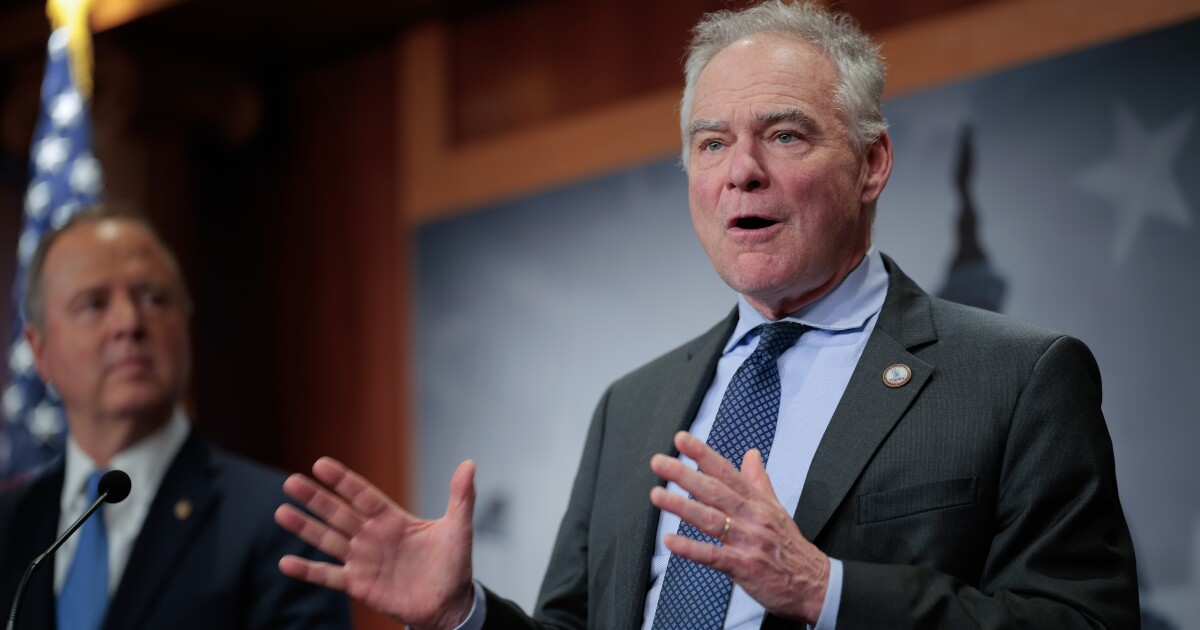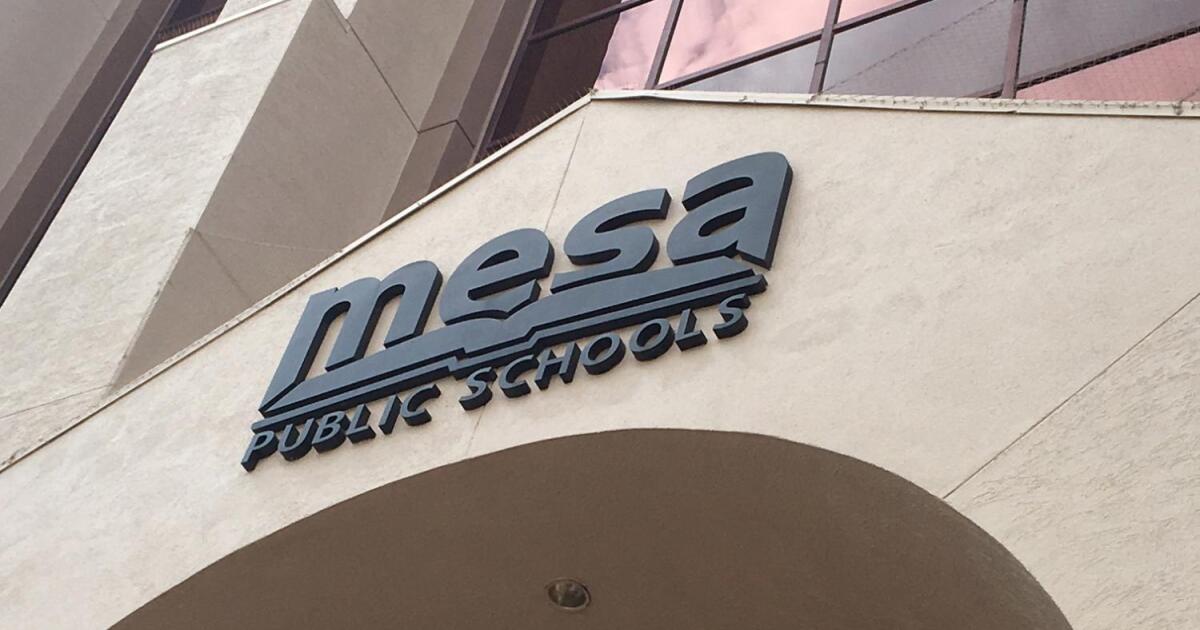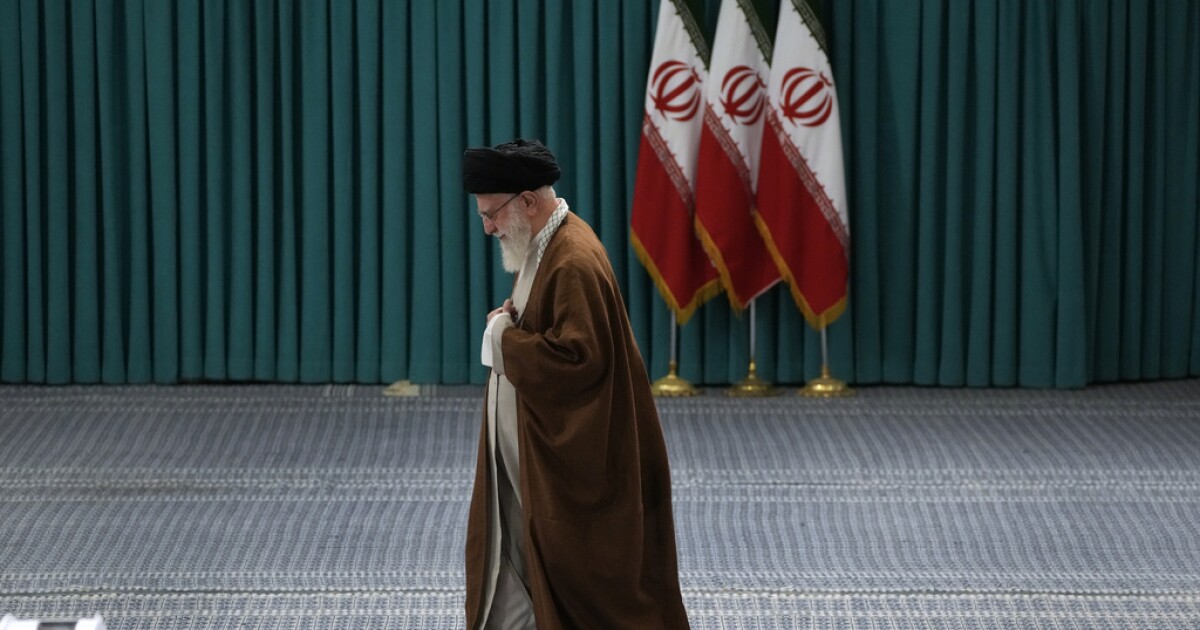Lansing residents are gearing up for a pivotal decision as they prepare to elect their next mayor. The city’s primary on August 5 will be a crucial step in narrowing down the candidates vying for leadership.
Among the contenders is current Mayor Andy Schor. He, along with another officeholder and three political newcomers, will be on the ballot in a nonpartisan primary where the two top candidates will proceed to the November general election.
Beyond the State Capital
For first-time candidate David Ellis, Lansing is more than a mere residence or workplace. “I’ve traveled around the U.S. a lot and I found that nothing, nothing feels like Lansing,” he remarked.
With a population of approximately 112,000, Lansing holds the title of Michigan’s sixth largest city. The state government is the city’s primary employer, complemented by two General Motors plants and Auto-Owners Insurance Group’s headquarters.
Michigan Public’s Morning Edition recently conducted interviews with all mayoral candidates, exploring their platforms and visions for Lansing.
Courtesy of the Brockschmidt campaign
Brett Brockschmidt
Brett Brockschmidt’s mayoral vision involves collaborating with state lawmakers to alleviate the tax burden on residents while increasing business taxes where feasible. “I want to work towards reforming state issues as mayor and then try and find some other revenue sources as well,” he stated.
At 63, Brockschmidt is a Michigan State University alumnus who returned to Lansing after retiring from a career in finance. He advocates for a five-year freeze on property tax assessments for homeowners and landlords like himself to stabilize rent prices.
He also aims to enhance city services and prioritize sidewalk repairs.
Jeffrey Brown
Current City Councilmember Jeffrey Brown, age 41, emphasizes community unity and prioritizing residents’ needs. “I believe that it’s time that we uplift Lansing. One community, one mission, and do it together,” Brown emphasized.
With a doctorate in ministry and Christian leadership, Brown has experience in social services and plans to focus on listening to the community’s concerns.
Running for mayor means forgoing reelection for his council seat, which shares the same election timeline as the mayoral race.
David Ellis
At 26, David Ellis highlights downtown investment as critical for Lansing. He advocates for better transit access and housing policies to address shortages. “The solution to that problem is very simple. It is build more housing,” Ellis stressed.
His campaign focuses on making Lansing’s urban core a thriving economic engine.
Kelsea Hector
Kelsea Hector, executive director of Punks with Lunch Lansing, is dedicated to serving vulnerable populations. “I work with a lot of unhoused folks,” Hector noted.
At 33, Hector champions tenant rights and seeks to improve the city’s housing and ecological initiatives.
Andy Schor
Mayor Andy Schor, 50, aims to bolster economic development, housing, and infrastructure. He underscores the city’s ongoing efforts in road improvements and housing developments.
Despite challenges, Schor continues to seek additional state funding for road repairs, emphasizing, “With the money we have, we are fixing main roads and we’re doing snow plowing and we’re getting potholes filled within 48 hours.”
Voting Details
The Lansing mayoral primary will take place on August 5, with the leading two candidates moving to the November general election. Voter turnout in past August primaries has been modest, with less than 15% participation.
Absentee ballots are now available, and early voting in Lansing begins July 30.
—
Read More Michigan News










